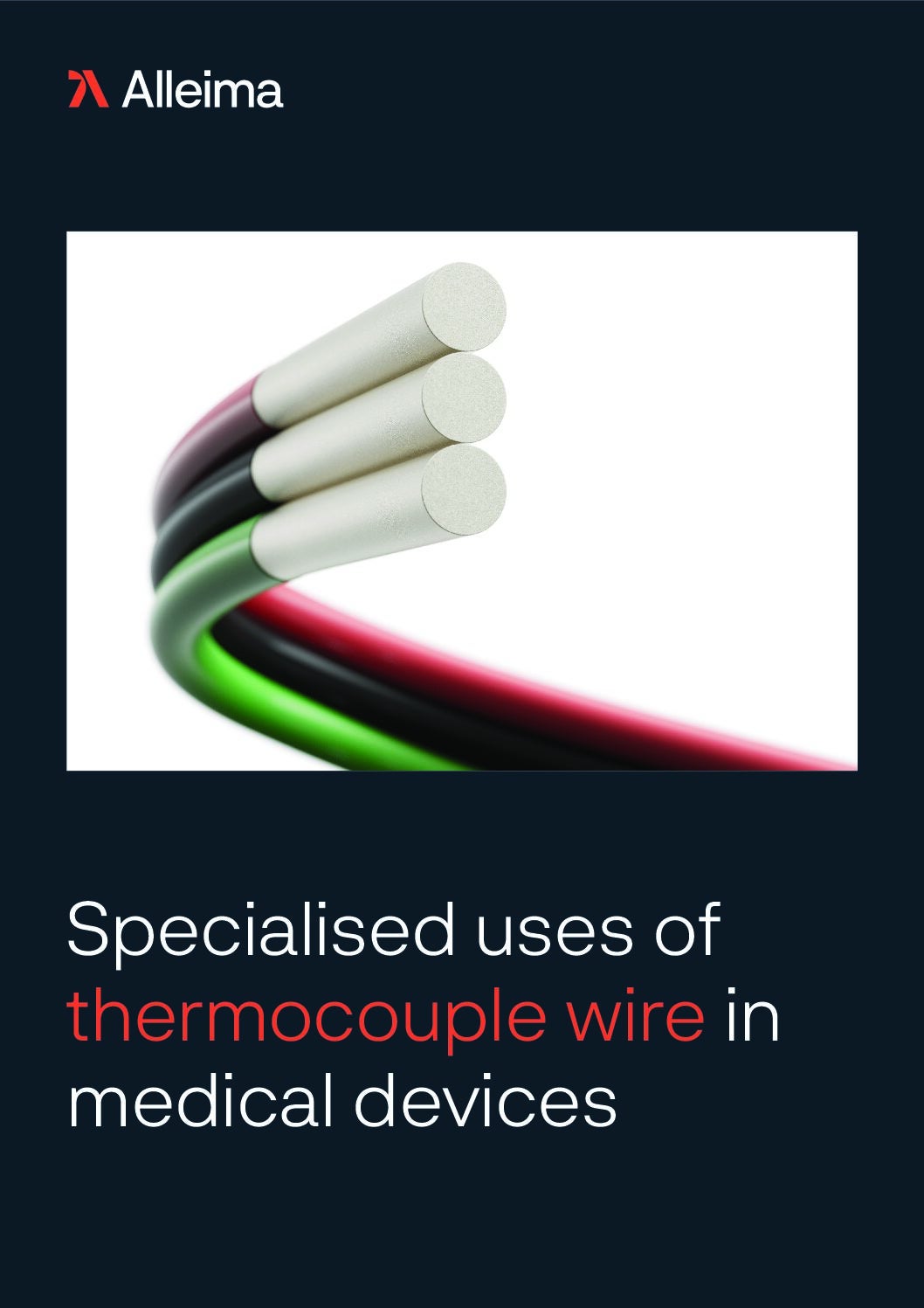
By delivering personalised treatment, healthcare providers are better able to prevent diseases, give a precise diagnosis, and provide personalised and targeted interventions.
Digitalisation in the healthcare industry, along with advances in medical devices, enables clinicians to combine and analyse genome information with other diagnostic information to identify patterns that can help to determine an individual’s risk of developing a disease, detect illness earlier, and determine the most effective interventions. This may involve medicines, implantable medical devices, or lifestyle and diet changes.

According to thematic research published by GlobalData, key healthcare trends impacting precision and personalised medicine include tools such as electronic medical records and genetic testing, as well as remote patient monitoring and wearable technology.
Preventative healthcare for precision medicine
By utilising genetic and lifestyle data, patients can receive preventative and predictive medicine. Not only does this mean healthier patients, but predictions based on early indicators will reduce patient visits to healthcare professionals and ultimately reduce medical costs.
At the centre of any digitalised industry is data, and there is a range of means by which this can be collected in the medical industry. In addition to increasingly accurate genetic testing technology, remote patient monitoring devices provide invaluable data regarding a patient’s health.
Remote monitoring devices for personalised healthcare
Remote monitoring and wearable technology have become widespread in recent years, largely because of COVID-19. Biosensors and other remote patient monitoring devices, such as CGMs and oximeters, can help to profile and monitor physiological indicators. This provides a more precise overall map of a patient’s health, and the information can be used in conjunction with genetic profiling to better personalise medical care for the patient.
Continuous glucose monitors, implantable cardioverter defibrillators, and non-invasive devices such as pulse oximeters are all remote monitoring devices that patients and healthcare providers can use to track health status. Wearable technology, such as smartwatches, is an effective way of capturing patient information for data-driven machine-learning algorithms to analyse users’ health conditions. Data such as heart rate, blood pressure, and other vital signs can be sent to the cloud for real-time analysis and provide patients with a predictive diagnosis, including advising individuals to go to the hospital based on an irregular heartbeat.
Medical technology innovations for accurate data collection
Advances in effective medical device technology would not be possible were it not for innovations in medical wire. Wire components play a vital role in the design and development of devices, being responsible for sensing (such as thermocouples, glucose sensors and heartrate monitors), as well as transmitting data.
Alleima has become an industry leader in designing and developing medical wire components based on extensive experience in metallurgy and process development. Working with more than 200 alloys, and specialising in choosing the best materials and configurations, Alleima wire-based components branded Exera® are used for a variety of applications, including vascular therapy, sensing and neurostimulation. So far, they have been used for devices such as continuous glucose monitoring devices, pacemakers, and oximeters.
Alleima continues to grow its capabilities through acquisitions, including its recent partnership with Endosmart, a Germany-based manufacturer of medical devices and components made of nitinol, an alloy renowned for its unique shape memory properties. Alleima also acquired Galvarex, which provides precision technologies for electroplating treatments to a number of demanding industries. To find out about the benefits of electroplating in the medical technology industry, download the whitepaper below.



